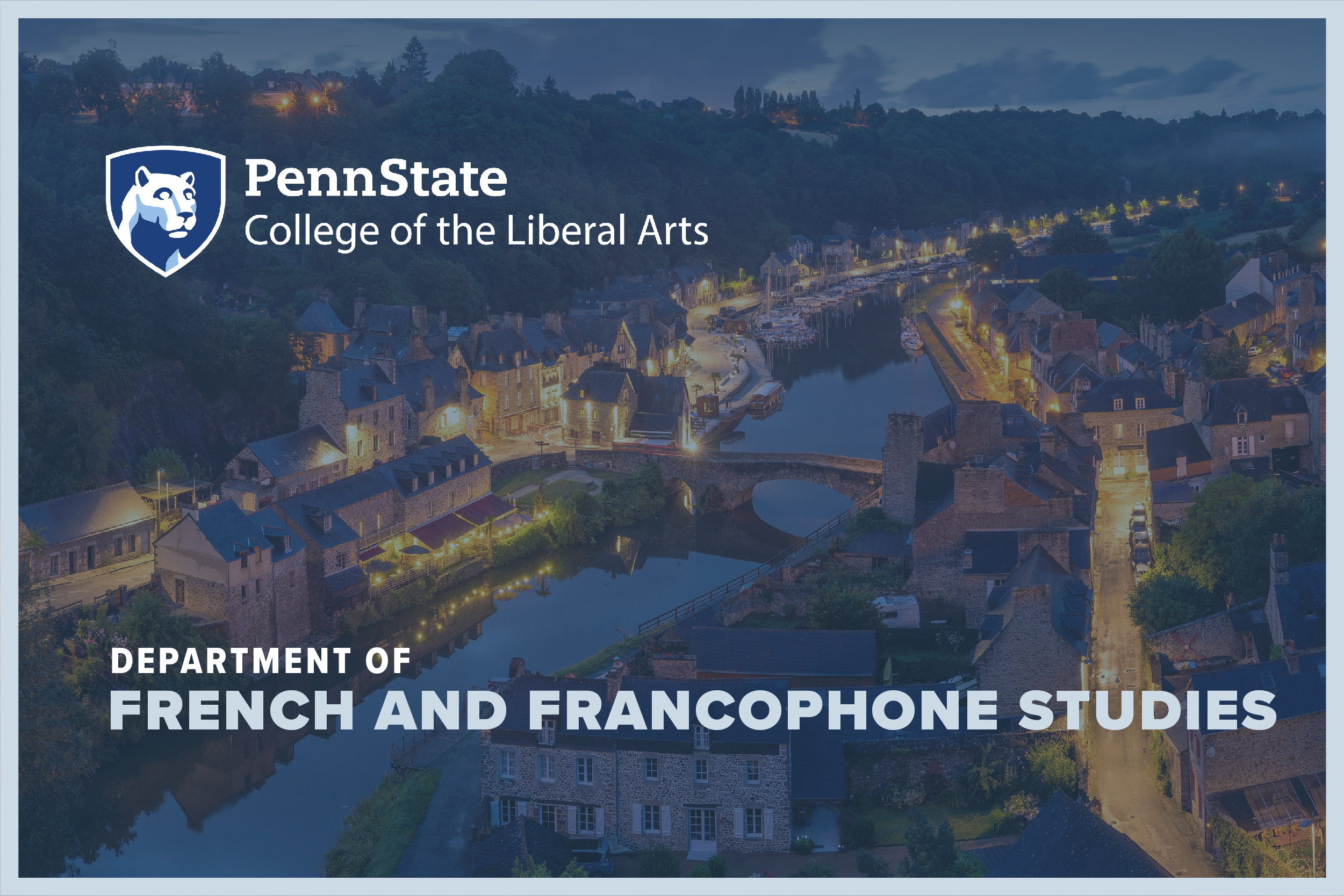Dissertation Defense: Eric Disbro
Candidate for the PhD in French and Francophone Studies and Women’s, Gender, and Sexuality Studies
Terraqueous Encounters: Queer and Trans Embodiment and Care in Francophone Literatures of the Indian Ocean and Oceania
All are welcome to attend!
Dissertation Committee:
Emmanuel Bruno Jean-François (Associate Professor of French and Francophone Studies and Comparative Literature)
Bénédicte Monicat (Professor of French and Women’s Studies)
Fabienne Kanor (Assistant Professor of French and Francophone Studies)
Hil Malatino (Assistant Professor of Women’s, Gender, and Sexuality Studies and Philosophy)
Julia Frengs (Associate Professor of French at University of Nebraska–Lincoln)
Abstract
“Terraqueous Encounters” investigates representations of queer and trans embodiment and care practices in literatures by contemporary women writers from two Francophone archipelagic regions: the Mascarene Islands of the Indian Ocean and Francophone Oceania. More specifically, the project focuses on questions of trans embodiment, narrative genre and representational ethics, and queer intimacy as ways to demonstrate how ecologically-conscious literary characters affirm new definitions of the gendered body and map networks of mutual care. Ultimately, the study argues that Indian Ocean and Oceanian fictions become the sites in which competing knowledges of the body, gender, and communal care strike a productive chord in their dissonance. I argue that these opposing distinctions break down in contemporary fictions, creating more inclusive studies of identity. This project contributes to the retrieval of such knowledges of gender, the body, and care for communities who seek a balance between their irrefutable colonial and local inheritances.
Each chapter of the dissertation uses a terraqueous metaphor, i.e., a site where both land and water meet (coral reefs, tributaries, sandbars, and tidepools), for thinking through the representation of encounters between the corpus writers, their reading publics, their characters (human, plant, and animal), and the environments that surround them. Moreover, the project reaffirms the importance of archipelagic imaginaries in creating models for thinking of the well-being of all life when determining collective needs from the environment during our current era of climate crisis. With a particular attention to communal care, the study thus accounts for the ways in which queer and trans communities from archipelagic societies construct livable futures for a planet that has routinely grappled with narratives of disaster and ruin. As such, the project allows for a reinscription of island literatures, and literary imaginaries more generally, into the heart of queer and trans studies in the European and North American academies, where archival and social scientific conversations about non-normative genders, sexualities, and communities have recently garnered the majority of attention. Ultimately, the project considers how the five women writers that make up the literary corpus—Ananda Devi (Mauritius), Déwé Gorodé (Kanaky/New Caledonia), Magali Nirina Marson (Madagascar), Chantal T. Spitz (Te Ao Mā’ohi/French Polynesia), and Titaua Peu (Te Ao Mā’ohi/French Polynesia)—provide new vocabularies for queer and trans resilience in their communities. This responds to calls in queer/trans studies for imagining spatial scales for queerness/transness beyond the transnational in favor of the local, the regional, etc. Given that archipelagos are in constant volcanic development and motion, no boundaries are stable and gendered futures are abundant and overflowing with possibility. This methodology intervenes expressly in Francophone Studies and other area studies disciplines by favoring peripheral spaces historically deemed minor and that are precluded from major centers of knowledge production.
| ReplyReply allForward |
